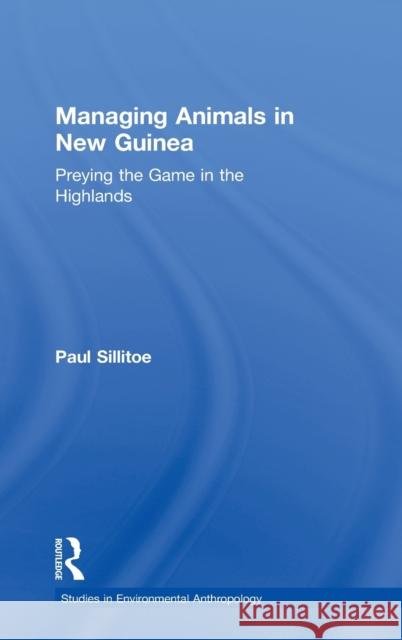Managing Animals in New Guinea: Preying the Game in the Highlands » książka
Managing Animals in New Guinea: Preying the Game in the Highlands
ISBN-13: 9780415280976 / Angielski / Twarda / 2003 / 416 str.
Managing Animals in New Guinea: Preying the Game in the Highlands
ISBN-13: 9780415280976 / Angielski / Twarda / 2003 / 416 str.
(netto: 744,80 VAT: 5%)
Najniższa cena z 30 dni: 705,23
ok. 16-18 dni roboczych.
Darmowa dostawa!
Looking at issues of zoological classification, hunting of wild animals and management of domesticated ones, notably pigs, this book asks how natural parameters affect people's livelihood strategies and their relations with animals and the wider environment. To Western eyes, the farming and foraging practices of the Wola New Guinea highlanders seem counter-productive. Attitudes to hunting are puzzling in their tolerance of low returns, while zoological taxonomies appear fractious and slippery. Closer inspection of Wola practices, however, enables a greater understanding of their underlying cultural politics, and suggests a new application of exchange-theory to social and animal relations. This book explains the values that underlie Wola relations with animals in the light of sustainability issues and social politics. Looking at linguistic, political, fiscal and gender behaviour, it considers how Wola hunting and farming methods make sense within the framework of an exchange-based society. It also challenges the ecological assumption that tropical forest resources can support human populations.











